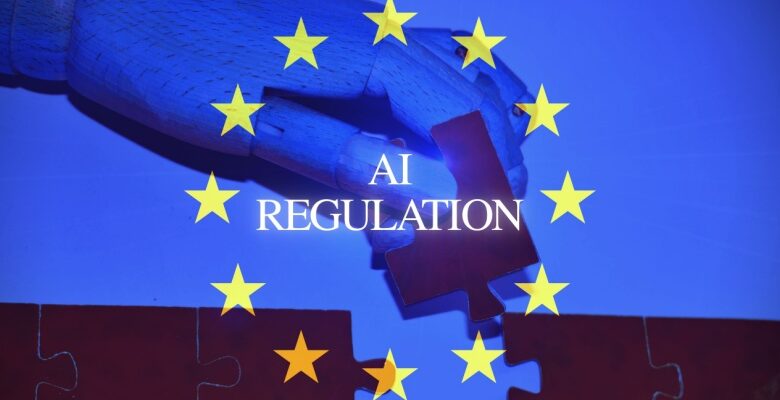EU AI Law Raises Concerns on Trade Secrets

- The new laws controlling the use of artificial intelligence in the EU have raised concerns among companies about the exposure of trade secrets.
- The law forces companies to be transparent about the data used to train AI models, which are essential to operations.
The latest regulations controlling how AI is developed and deployed in the EU are raising concerns among companies, as they force AI developers to be transparent about the data being used to train AI models. Following the launch of ChatGPT and the massive competition in the AI space, such information is largely considered a trade secret that can be used to easily produce audio, video, image, and text content.
With the rapid expansion of the industry, concerns about the sources of such data, particularly those related to copyright law violations, have become common. This, in turn, has resulted in the EU’s AI laws making it mandatory for AI developers to be transparent about the data being used to train their models. So far, it is unclear how these rules will work in a practical setting.
See More: Companies Should Not Solely Rely on Younger Employees for AI Training: MIT, Harvard, Wharton Study
Concerns among AI companies particularly relate to the sections of the AI Act that require companies to provide detailed summaries associated with training data. The AI Office of the EU is set to provide templates for this by 2025. However, companies are hesitant to reveal the data used to train their models, calling such information trade secrets.
Leaders in the space believe that publicizing such information would give their competitors an unfair advantage. The changes would have notable implications for large and small AI companies alike. AI leaders, including OpenAI, Google, and others, have faced lawsuits from content creators about the improper use of copyrighted materials. While these companies have entered agreements with some major publishers to license their works, glaring gaps remain.
The law highlights the need for regulators to ensure an appropriate balance between protecting the interests of copyright holders and stopping the unfair use of trade secrets and other forms of intellectual property.


